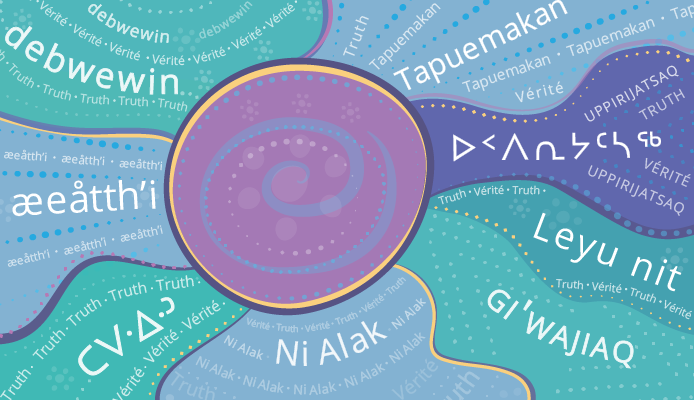
Of the 7,000 languages spoken in the world, some 6,700 are indigenous, 3,000 of which are in danger of becoming extinct before the end of the current century.
United Nations, December 17 (RHC)-- The General Assembly of the United Nations has called for measures to preserve indigenous languages, as part of the start of the international decade that began last Tuesday in Paris, capital of France.
The International Decade of Indigenous Languages, inaugurated by the United Nations Educational, Scientific and Cultural Organization (Unesco), aims to help protect and promote these languages. It also aims to reflect on how the next decade will help preserve them as forms of oral tradition.
"Languages are vectors of knowledge and bearers of identity, of knowledge that is extremely valuable, not only for the identities present there, but for humanity as a whole," said the report by the president of the General Assembly, Csaba Korösi.
The body reported that of the 7,000 languages spoken in the world, some 6,700 are indigenous, 3,000 of which are in danger of becoming extinct before the end of the current century, which is why it was agreed to dedicate the decade 2022-2032 to their preservation. "With each new language that becomes extinct, the culture, the thoughts and the tradition it carries become extinct, and this is important, because we need a radical transformation in the way we relate to our environment," said Korösi.
For her part, the representative of Colombia, Leonor Zalabata Torres, told the Assembly in the Ikün language that indigenous languages "are an expression of wisdom, spirituality and cultural identity.
Likewise, the Mexican ambassador to the UN, Juan Ramón de la Fuente, stated on behalf of the 22 members of the Group of Friends of Indigenous Peoples that language is more than just words and constitutes the collective soul of peoples.
The representative of the Arctic countries, Aluki Kotierk, stressed that the local language is fundamental for the self-determination of the communities in her region, as well as for their political, economic, social and cultural rights.

